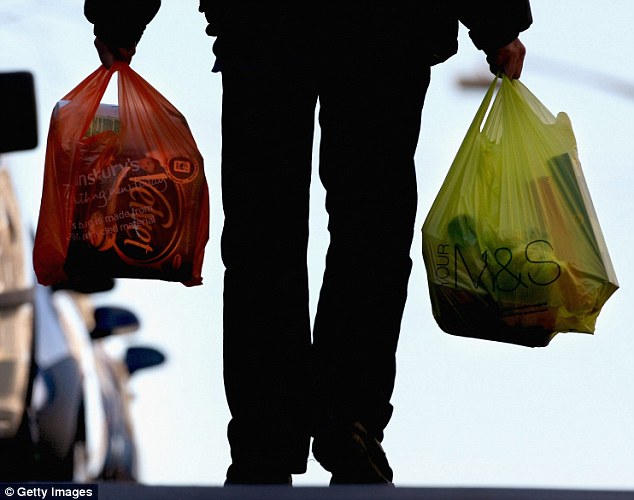Alternatives to plastic bags must be greener

The plastic bag levy will damage the environment unless the alternatives have impeccable environmental attributes – and most of them don’t (New plastic bag tax does not go far enough, say campaigners, 5 October).
The exemptions alone will undermine most of the putative savings. Not only that, but, if we had a better waste-disposal system using efficient combined heat and power incinerators, we could capture the energy from the “borrowed oil” which plastic bags represent. Only 5% of crude oil is used to make all of the plastics we use, and plastic bags are only about 5% of that. A single car trip to the supermarket each week wastes more energy and creates more pollution than a dozen plastic bags.
In any case, all the alternatives to plastic bags come with questions about their environmental impact. Making paper bags uses four times as much energy, creates 50 times more water pollution and 70% more air pollution than plastic bags. And they are rarely used more than once. Making long-lasting bags from cotton/jute and suchlike also comes with environmental penalties. Cotton isn’t the nice innocent “green” product that people think it is. Massive amounts of water and polluting pesticides are used growing cotton, while the energy used in making and shipping woven bags is also vastly higher.
A report from the UK’s Environment Agency in 2011 concluded that a cotton bag would have to be reused 171 times to match the carbon dioxide pollution of a typical thin plastic bag used just once. Despite the Guardian’s “Keep it in the ground” campaign, the real problem is the wasteful use of oil in our cars, trucks, homes, offices and factories. That’s where 95% of the oil goes, and most of the resultant waste products are discharged right on the streets where we live.
Source
David Reed. London. http://www.theguardian.com/environment/2015/oct/05/alternatives-to-plastic-bags-must-be-greener

